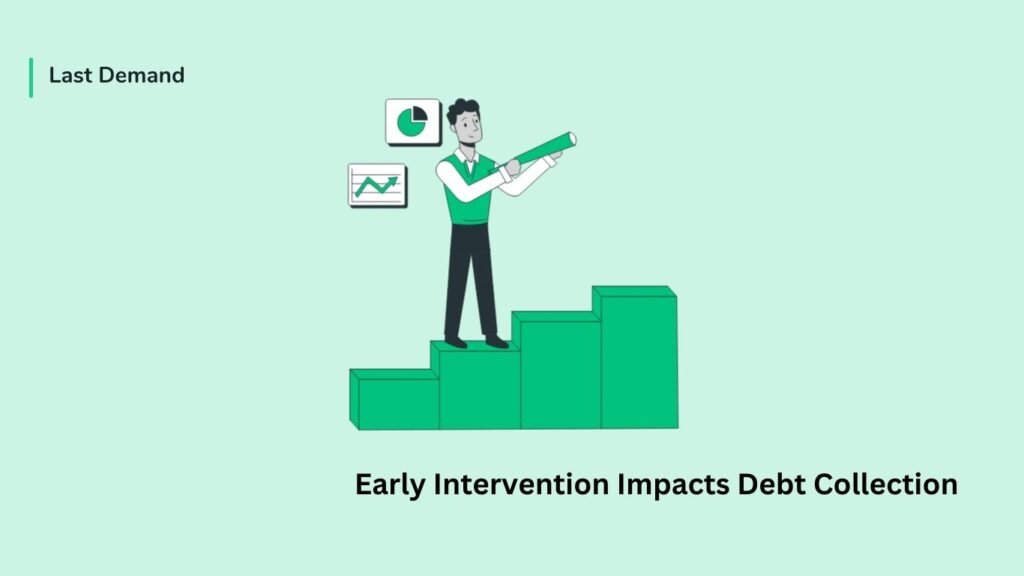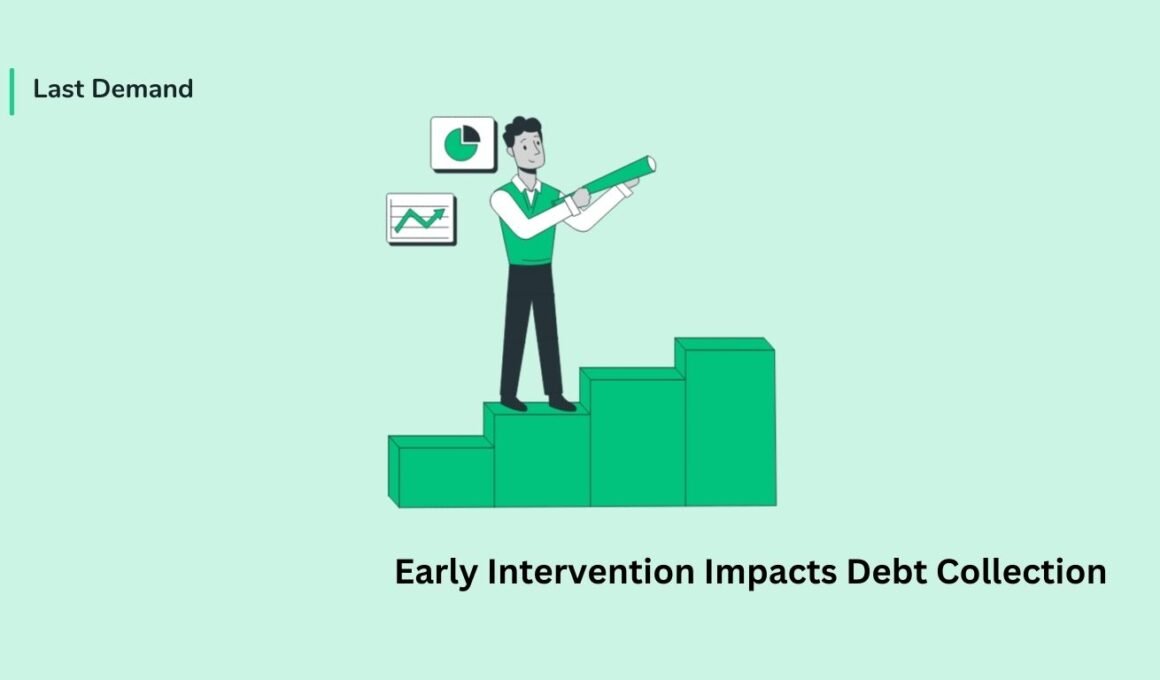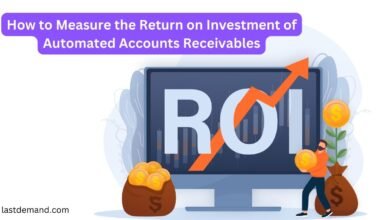Debt collection is a process that involves pursuing overdue payments from individuals or businesses. It can be a challenging task for creditors, as they often face resistance or financial constraints from debtors. Though, early intervention plays a vital role in improving the effectiveness of debt collection efforts. This article explores the importance of early intervention and how it positively impacts debt collection.

Understanding How early intervention impacts debt collection?
Early intervention in debt collection refers to taking active measures to address outstanding debts as soon as possible. It involves reaching out to debtors quickly, understanding their financial situation, and finding equally beneficial solutions for both the creditor and the debtor. Intervening early, creditors can prevent debts from increasing and improve their chances of successful recovery.
The Benefits of Early Intervention in Debt Collection
Early intervention is a very beneficial part of the debt collection process:
Avoidance of Increasing Debt
One of the important benefits of early intervention is the prevention of increasing debt. When debts are left unaddressed, they can accumulate interest, penalties, and fees, making the overall amount owed much larger. By acting sharp on time, creditors can reduce the financial burden on debtors and increase the likelihood of recovering the original amount owed.
Increased Likelihood of Successful Recovery
Early intervention essentially increases the likelihood of successful debt recovery. By addressing the issue early on, creditors can establish open lines of communication, gain a better understanding of debtors’ financial capabilities, and explore repayment options. This active approach helps build trust and cooperation, making it easier to negotiate favorable repayment terms and recover the owed amount.
Minimized Legal Costs
Engaging in legal proceedings to recover debts can be a time-consuming and expensive process. So, early intervention can minimize the need for legal action. By initiating communication and negotiation at an early stage, creditors can resolve outstanding debts without resorting to costly legal measures, thereby reducing overall expenses.
Strategies for Early Intervention in Debt Collection
To maximize the benefits of early intervention, creditors can employ various strategies custom-made to their specific circumstances. Some effective strategies include:
Quick Communication and Notification
Initiating early communication with debtors is vital. Creditors should punctually notify debtors of their outstanding balances, providing clear and concise information about the debt and available payment options. By establishing open lines of communication, debtors are more likely to respond positively and engage in the repayment process.
Negotiation and Payment Plans
Offering flexible repayment options and negotiating payment plans can meaningfully increase the chances of debt recovery. By understanding debtors’ financial situations and offering realistic solutions, creditors can encourage cooperation and make the repayment process more manageable for both parties.
Offering Incentives and Discounts
For incentives and quick payment plans, creditors can consider offering discounts or incentives for early settlement. This approach encourages debtors to prioritize their outstanding balances and provides them with an opportunity to reduce their overall debt burden.
Establishing Positive Relationships
Building positive relationships with debtors can raise a sense of trust and cooperation. By treating debtors with empathy and respect, creditors can create an environment contributing to open communication and successful debt resolution.
The Role of Technology in Early Intervention Impacts Debt Collection
Technology plays a vital role in enhancing the effectiveness of early intervention strategies in debt collection. Some key technological advancements include:
Data Analytics and Scoring Models
Utilizing data analytics and scoring models enables creditors to identify debtors at higher risk of avoiding payments or non-payment. By analyzing various factors such as credit history, financial indicators, and payment patterns, creditors can prioritize their intervention efforts and assign resources more efficiently.
Automated Reminders and Notifications
Automation tools can help update early intervention processes by sending automated reminders and notifications to debtors. These reminders serve as gentle prompts to encourage timely payments and maintain ongoing communication.
Overcoming Challenges in Early Intervention
While early intervention offers numerous benefits, it is not without its challenges. Overcoming these challenges requires careful consideration and strategic approaches:
Identifying Debtors at Risk
It might be difficult to identify debtors who are more likely to fail or refuse payment. Data analytics, credit scoring models, and other techniques are needed by creditors to properly determine the debtor’s financial situation and ability to pay back their debts.
Overcoming Resistance and Rejection
Some debtors may show resistance or rejection when approached for debt collection. Creditors need to employ effective communication techniques, including active listening, empathy, and clear explanations, to overcome struggles and encourage cooperation.
Early intervention plays a critical role in debt collection, benefiting both creditors and debtors. By addressing outstanding debts sharply on time, creditors can avoid rising debt, increase the chances of successful recovery, and minimize legal costs. Employing effective strategies and utilizing technology can further enhance the outcomes of early intervention efforts. Overcoming challenges such as identifying at-risk debtors and dealing with struggle requires careful navigation. In conclusion, early intervention sets the foundation for constructive communication and mutually beneficial debt resolution.








